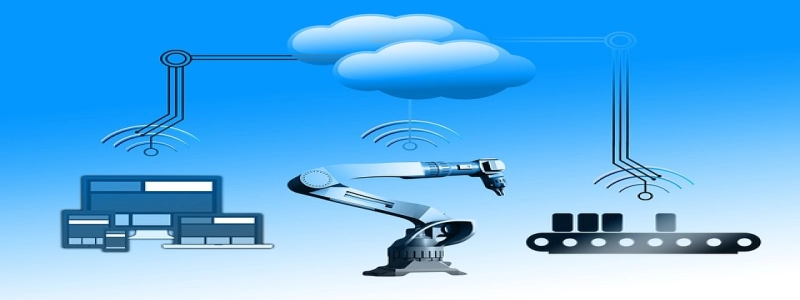Diode Laser vs Fiber Laser
Εγώ. Εισαγωγή
A. Definition of Diode Laser
B. Definition of Fiber Laser
II. Advantages of Diode Laser
A. Versatility in Applications
B. Higher Efficiency
C. Compact Size
D. Cost-Effective
III. Advantages of Fiber Laser
A. Superior Beam Quality
B. High Power Output
C. Longer Lifespan
D. Noise-Free Operation
IV. Comparison between Diode Laser and Fiber Laser
A. Wavelength Range
B. Optical Power
C. Beam Quality
D. Operating Temperature
E. Maintenance and Lifespan
F. Cost and Affordability
V. συμπέρασμα
A. Summary of Advantages of Diode Laser
B. Summary of Advantages of Fiber Laser
C. Considerations for Choosing the Right Laser
Εγώ. Εισαγωγή
In the field of laser technology, two popular options are diode laser and fiber laser. These lasers have their unique characteristics and applications. This article aims to provide a comprehensive comparison between them.
II. Advantages of Diode Laser
Diode lasers have gained popularity due to their versatility in various applications. They offer high efficiency, converting a significant portion of electrical energy into laser light. Their compact size makes them suitable for integration into different systems. Moreover, diode lasers are cost-effective compared to other laser types.
III. Advantages of Fiber Laser
Fiber lasers are known for delivering superior beam quality. Their high power output makes them ideal for applications requiring intense laser radiation. Fiber lasers also have a longer lifespan and are capable of operating silently without producing any noise.
IV. Comparison between Diode Laser and Fiber Laser
A. Wavelength Range:
Diode lasers typically operate in the visible to infrared range, while fiber lasers have a broader wavelength range, covering ultraviolet to infrared.
B. Optical Power:
Fiber lasers offer higher optical power, making them suitable for industrial and scientific purposes that require higher intensity.
C. Beam Quality:
Fiber lasers provide superior beam quality, resulting in better focus and precision in applications such as laser cutting and welding.
D. Operating Temperature:
Diode lasers are more sensitive to temperature fluctuations and may require temperature control systems, while fiber lasers are more robust and can operate in a wider temperature range.
E. Maintenance and Lifespan:
Diode lasers require frequent maintenance and have a shorter lifespan due to their inherent design and complexity. On the other hand, fiber lasers have a relatively longer lifespan and require minimal maintenance.
F. Cost and Affordability:
Diode lasers are generally more affordable due to their simpler construction and widespread availability. Ωστόσο, for specific high-power applications, fiber lasers offer a better cost-performance ratio.
V. συμπέρασμα
In summary, diode lasers offer versatility and cost-effectiveness, while fiber lasers excel in beam quality, power output, and durability. Choosing the right laser depends on the specific application requirements, budget constraints, and desired performance characteristics. By understanding the advantages of these lasers, individuals and businesses can make informed decisions for their laser technology needs.








